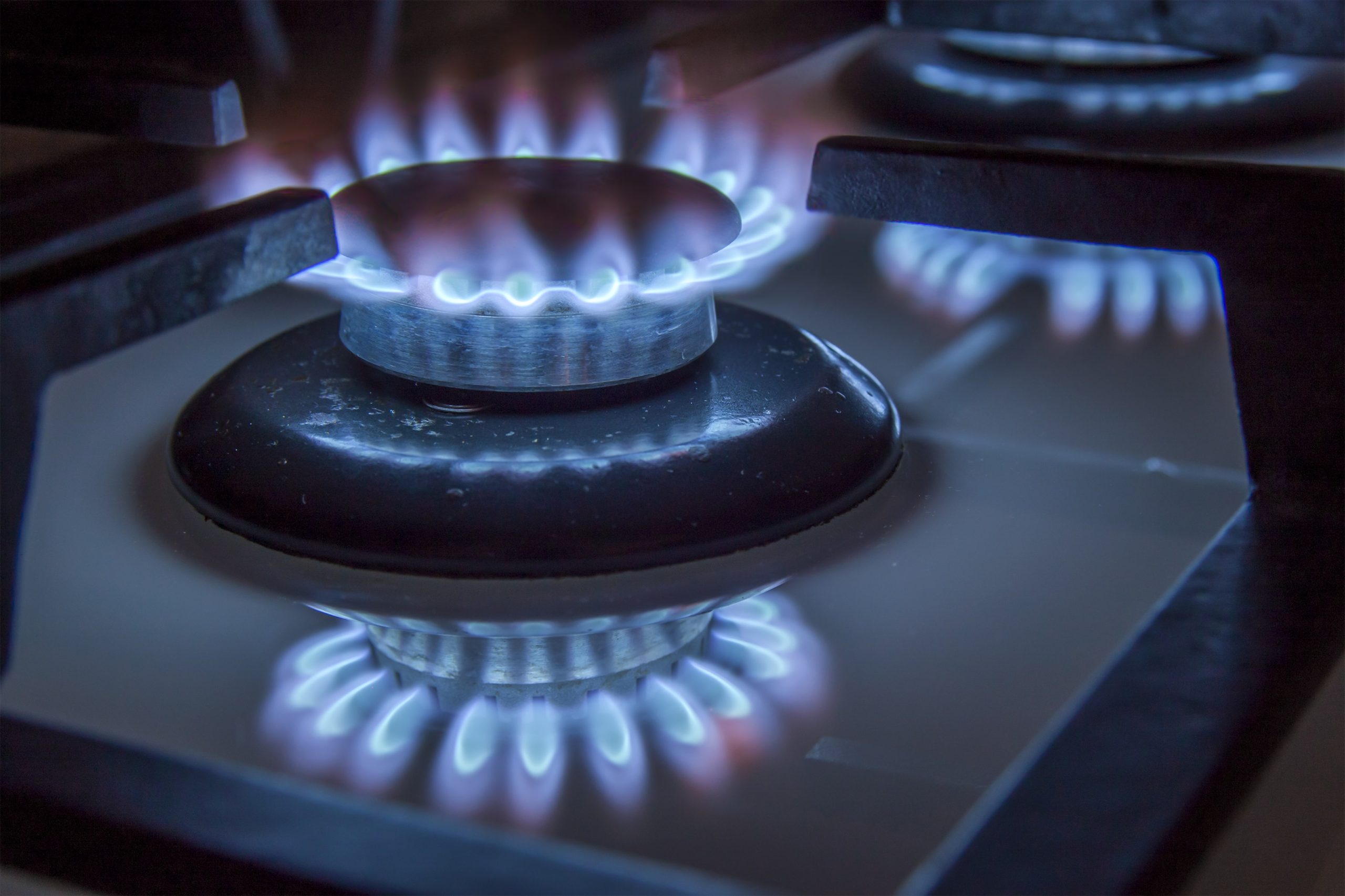The Importance of a Gas Certificate for Landlords in Milton Keynes
As a landlord in Milton Keynes, it is important to ensure that the properties you rent are safe and compliant with the pertinent policies. One crucial aspect of this is getting a gas certificate, also referred to as a Gas Safety Record. In this post, we will discuss the significance of a gas certificate for landlords in Milton Keynes, the benefits of having one, and the repercussions of not having one.
What is a Gas Certificate?
A gas certificate is a file that validates that the gas home appliances and installations in a home have actually been inspected and validated as safe to use. The certificate is released by a Gas Safe registered engineer after conducting a thorough inspection of the property's gas system. The certificate consists of details such as:
- The address of the home
- The type and area of the gas home appliances
- The outcomes of the safety checks
- Any problems or issues discovered
- The date of the inspection
Why is a Gas Certificate Necessary for Landlords?
As a landlord, it is your responsibility to guarantee that the residential or commercial properties you lease out are safe and devoid of threats. A gas certificate is needed for several factors:
- Safety: The most essential reason for obtaining a gas certificate is to guarantee the safety of your occupants. Gas devices can be dangerous if not effectively installed, kept, or utilized. A gas certificate confirms that the home appliances are safe to utilize and minimizes the danger of accidents.
- Compliance: The Gas Safety (Installation and Use) Regulations 1998 need property owners to ensure that all gas appliances and installations in their homes are safe and appropriately maintained. A gas certificate is evidence of compliance with these guidelines.
- Insurance coverage: Many insurer require property managers to have a legitimate gas certificate to make sure that their residential or commercial properties are covered in case of a mishap or damage.
- Liability: If a tenant is injured or eliminated due to a gas-related accident, the landlord might be held accountable if they can not produce a legitimate gas certificate.
Benefits of Having a Gas Certificate
Having a gas certificate has a number of benefits for property managers, including:
- Reduced danger of accidents: A gas certificate validates that the gas home appliances and installations are safe to use, reducing the danger of accidents and injuries.
- Compliance with regulations: A gas certificate proves that the landlord is abiding by the pertinent policies, avoiding fines and penalties.
- Increased tenant trust: A gas certificate can increase tenant trust and self-confidence in the landlord, leading to longer tenancies and favorable reviews.
- Lowered upkeep expenses: Regular gas safety checks can recognize potential concerns before they become major issues, minimizing upkeep costs and extending the life expectancy of the home appliances.
Repercussions of Not Having a Gas Certificate
Not having a gas certificate can have serious repercussions for property managers, including:
- Fines and penalties: Landlords who fail to obtain a gas certificate can face fines of as much as ₤ 6,000 and/or 6 months in jail.
- Invalid insurance: Without a gas certificate, insurance coverage may be void, leaving the landlord with no cover in case of an accident or damage.
- Increased liability: Landlords who do not have a gas certificate may be held accountable for any gas-related mishaps or injuries, leading to costly legal costs and compensation claims.
- Loss of track record: Failure to get a gas certificate can damage the landlord's credibility, making it harder to attract brand-new renters and maintain existing ones.
Regularly Asked Questions
- How frequently do I need to obtain a gas certificate?: A gas certificate is needed every year, however it's advised to have the appliances inspected every 10-12 months to ensure continuous safety.
- Who can issue a gas certificate?: Only a Gas Safe registered engineer can provide a gas certificate.
- What occurs if I don't have a gas certificate?: You may deal with fines and charges, and your insurance plan may be void.
- Can I do the gas safety checks myself?: No, just a Gas Safe registered engineer is qualified to carry out gas safety checks and provide a gas certificate.
Actions to Obtain a Gas Certificate
To get a gas certificate, follow these steps:
- Find a Gas Safe registered engineer: Search for a certified engineer in your location who is registered with Gas Safe.
- Set up an appointment: Book an appointment with the engineer to carry out the gas safety checks.
- Prepare the property: Ensure that the home is safe and available for the engineer to perform the checks.
- Receive the certificate: Once the checks are complete, the engineer will provide a gas certificate, which must be kept on file and supplied to the occupant.
List of Gas Appliances that Require a Gas Certificate
The following gas home appliances require a gas certificate:
- Boilers
- Cookers
- Ovens
- Hobs
- Hot water heater
- Gas fires
- Central heater
In conclusion, a gas certificate is an essential document for property managers in Milton Keynes to make sure the safety of their tenants and compliance with the pertinent policies. By obtaining a gas certificate, property managers can lower the risk of accidents, avoid fines and penalties, and boost occupant trust. Keep in altondimmer.top to set up annual gas safety checks and keep the certificate on file to avoid any possible issues.

